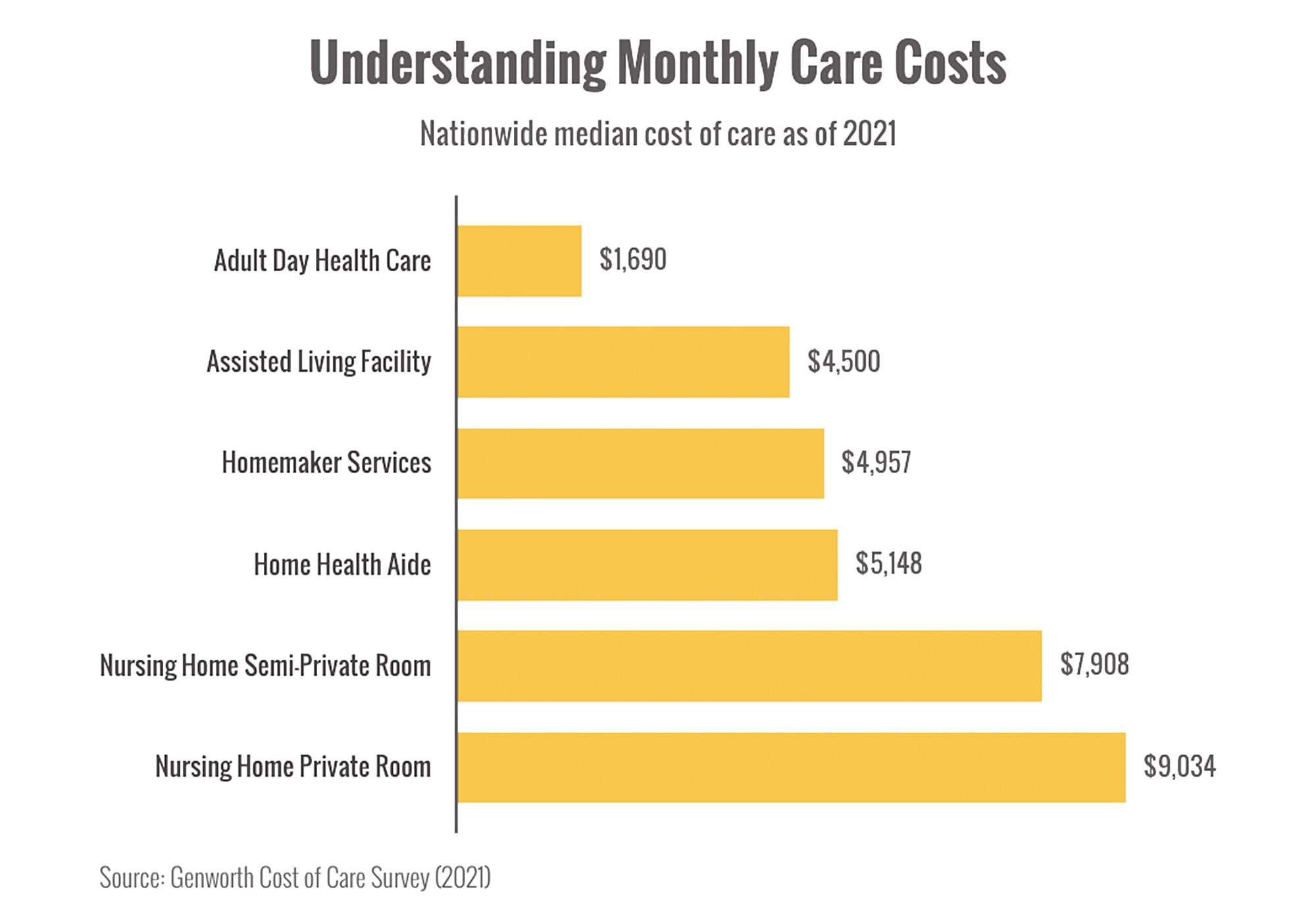
7 Tips for Helping Aging Parents Find Care
Have you noticed Mom or Dad showing signs of decline?
Are you worried about your elderly uncle living at home by himself?
You're not alone.
Many of us will find ourselves making care decisions for our parents or other beloved elders.
It's not an easy place to be because it's hard to see those you love struggle to live independently. However, getting some guidance may help to relieve some of the stress.
Here are 7 tips to help make helping your aging loved ones go more smoothly.
Tip #1: Start talking about care plans as early as possible
Many elders shy away from conversations about their future care needs.
However, gently bringing attention to the topic from a place of love and support long before urgent needs arise can help the whole family get on board with a plan.
With many desirable communities experiencing high demand, finding a placement may take longer than expected, so planning ahead helps.
Tip #2: Identify any current needs
If you already know that your parent or elder needs help, it's useful to identify which "activities of daily living" they may no longer be able to manage.
Knowing this will help you gauge what kind of assistance they need.
An elder with physical issues may struggle with bathing or dressing but still be able to handle their finances.
An elder experiencing cognitive decline may be able to handle their personal care but need help with transportation, money management, and housekeeping.
Finding the right level of care for their needs can help them remain independent as long as possible and keep costs in check.
Tip #3: Identify their financial resources
Care can cost quite a bit, so knowing what assets your parents have—income, investments, long-term care policies, insurance, benefits, etc.—can help determine what they can afford.
The chart below shows some nationwide care statistics, but the actual cost of a placement will be influenced by location, level of care, type of facility, pricing structures, and more.1

Tip #4: Be clear about your own resources and expectations
Many, many factors influence care expectations within families.
Being clear with your family about what you can and cannot contribute in terms of time, money, and caregiving is critical.
It may be a difficult conversation, especially if your family's expectations of you are outside what you can provide.
However, setting boundaries and accountability creates clarity about what services mom and dad will need.
Tip #5: Research their options
There are a lot of ways to help your loved ones age gracefully. Learning about which services and facilities are available and within their resources can empower you to help them make good decisions.
Sometimes, home renovations and local support can be enough to support aging-in-place.
In other cases, moving to a care community can offer elders the support they need to thrive.
Tip #6: Understand the steps involved in getting into a community
Many facilities operate with a waitlist so it may be challenging to quickly find a placement when the time comes to move.
Starting early helps. Asking for referrals, taking tours of facilities together (if they're willing), and becoming informed about how each community works can help you all understand the process.
When you’ve identified a place you may be able to place a deposit to get on the waitlist, giving them the option to accept a spot when it opens.
Tip #7: Ask for help
You're not alone in this journey.
If you're facing a need to find care for your parents, it may be a good idea to reach out to a financial professional with expertise in this area.
We have resources and contacts who can help you understand your options from both a financial and legal standpoint, so please feel free to reach out to us if you need assistance or advice.
Lastly, helping your parents navigate care decisions can bring up a lot of thoughts about your own aging. If you’d like to discuss your own financial and logistical preparations, feel free to schedule a free strategy session with a member of our team!
Sources:
Disclosure:
Investing involves risk including the potential loss of principal. No investment strategy can guarantee a profit or protect against loss in periods of declining values. Past performance does not guarantee future results.
This material is for information purposes only and is not intended as an offer or solicitation with respect to the purchase or sale of any security. The content is developed from sources believed to be providing accurate information; no warranty, expressed or implied, is made regarding accuracy, adequacy, completeness, legality, reliability, or usefulness of any information. Consult your financial professional before making any investment decision. For illustrative use only.
